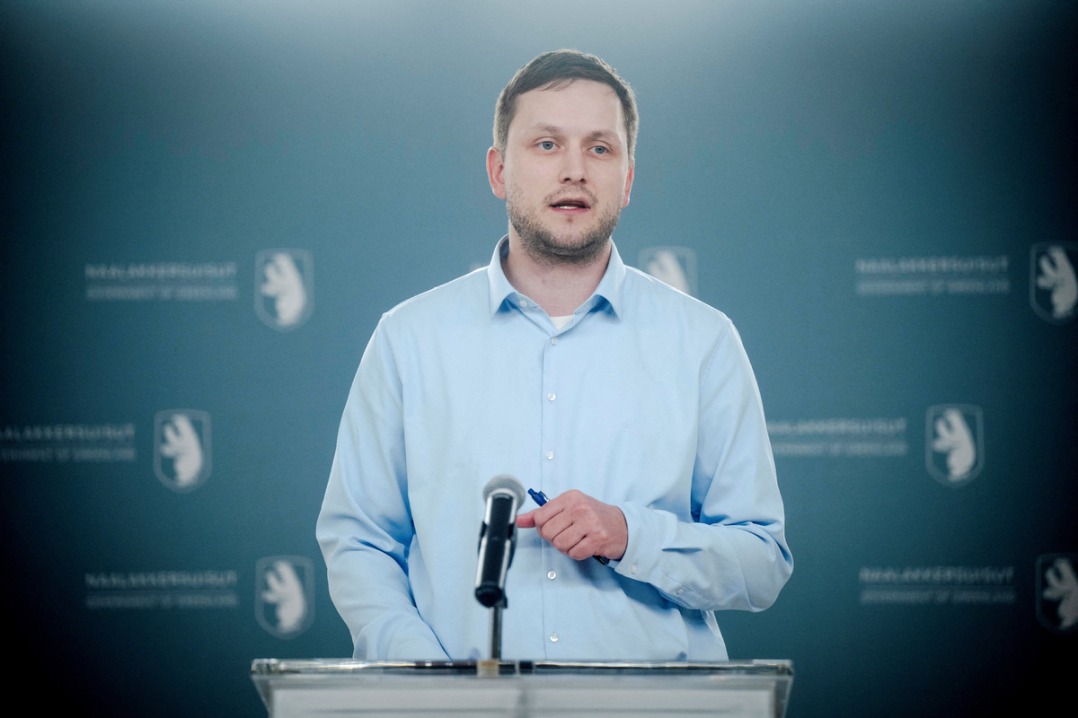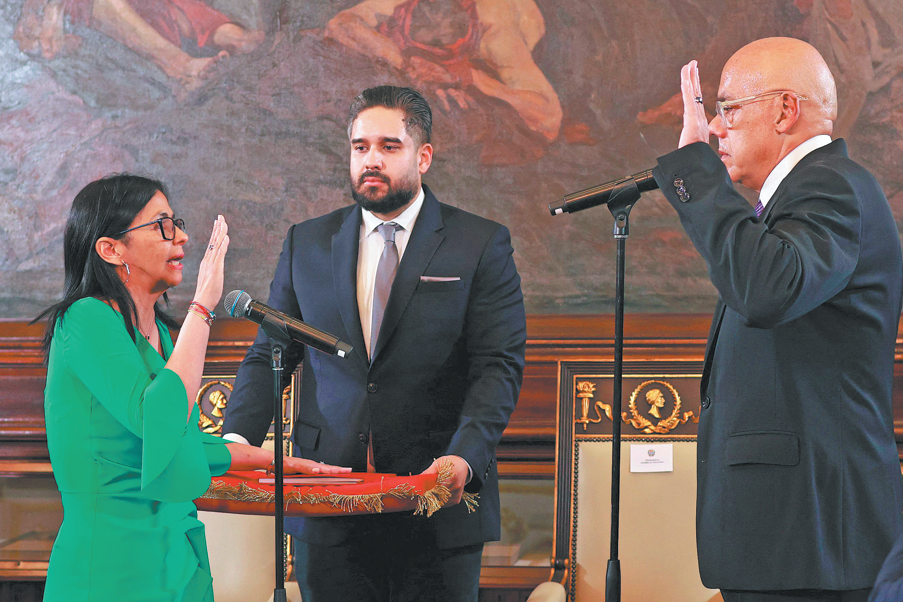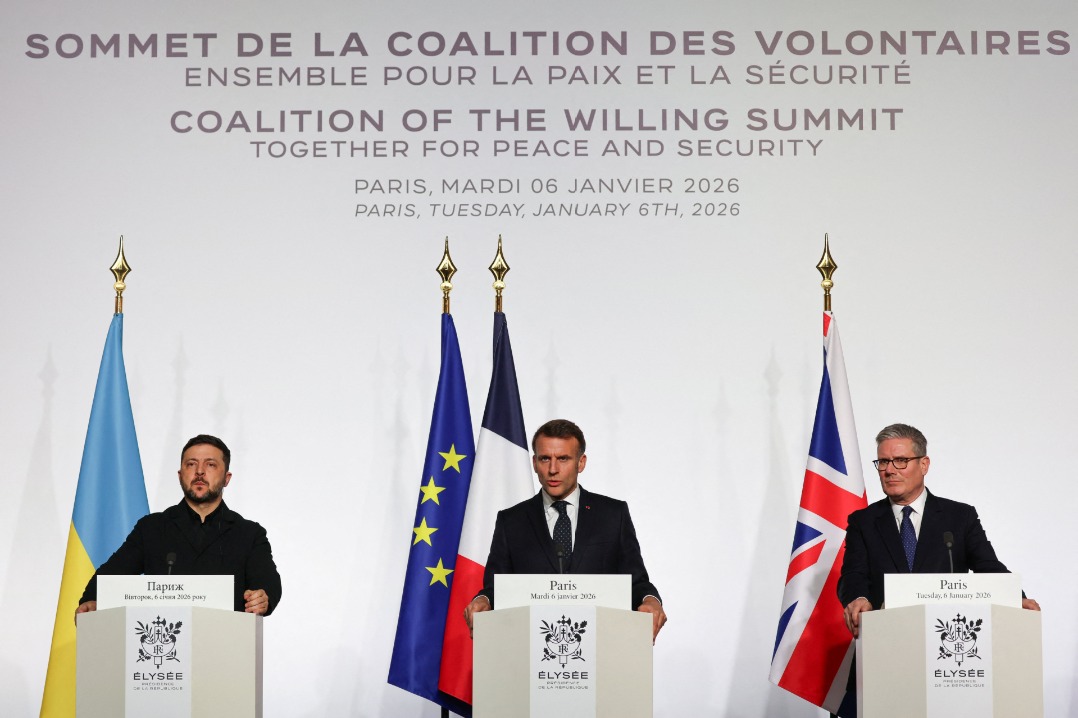African nations step up as global funding for reproductive health declines

As global funding for reproductive health continues to shrink, countries that were once heavily dependent on international donors are stepping in with bold domestic investments to safeguard access to family planning services for millions of women and girls.
The shift was on full display at the International Conference on Family Planning in Colombia's capital, Bogota, which concluded on Thursday.
During a high-level session, the Democratic Republic of Congo, Zambia, and Zimbabwe announced major new commitments to finance reproductive health supplies, including contraceptives – signaling a decisive turn toward national ownership and long-term sustainability of family planning programs.
The Democratic Republic of Congo announced a landmark pledge to allocate $5 million annually for contraceptives from 2025 to 2028, the country's largest investment so far in family planning.
"A woman who can decide when and how many children to have is a free woman. And a free woman means a nation that moves forward," Micheline Kalama, the country's minister of gender, family, and children said. "In the DR Congo, financing reproductive health is no longer considered an expense, but as a strategic investment: an investment in life, in prosperity, and in social peace."
Zambia committed $4.5 million in 2025 and $7.5 million in 2026, a move officials said reflects a deliberate shift toward domestic resource mobilization.
"Zambia's experience demonstrates that a collaborative financing model, with increased domestic resources, anchored on digital transparency, efficiency, and accountability, can significantly galvanize and direct external support to promote system resilience and sustainable family planning outcomes," Elijah Muchima, Zambia's minister of health said.
Zimbabwe announced an additional $2.25 million per year for contraceptive procurement for 2026 and 2027, building on earlier investments.
The announcements came at a decisive moment. According to the UN Population Fund, sharp reductions in development assistance have created major funding gaps for sexual and reproductive health, even as 257 million women who want to avoid or delay pregnancy still lack access to modern contraception.
"Governments are putting family planning at the heart of national development, and UNFPA is proud to stand with them," Diene Keita, executive director of UNFPA said. "When women can plan their pregnancies, countries can plan their futures. Every national pledge made today is a promise to women and girls – that their health, rights and choices matter."

































